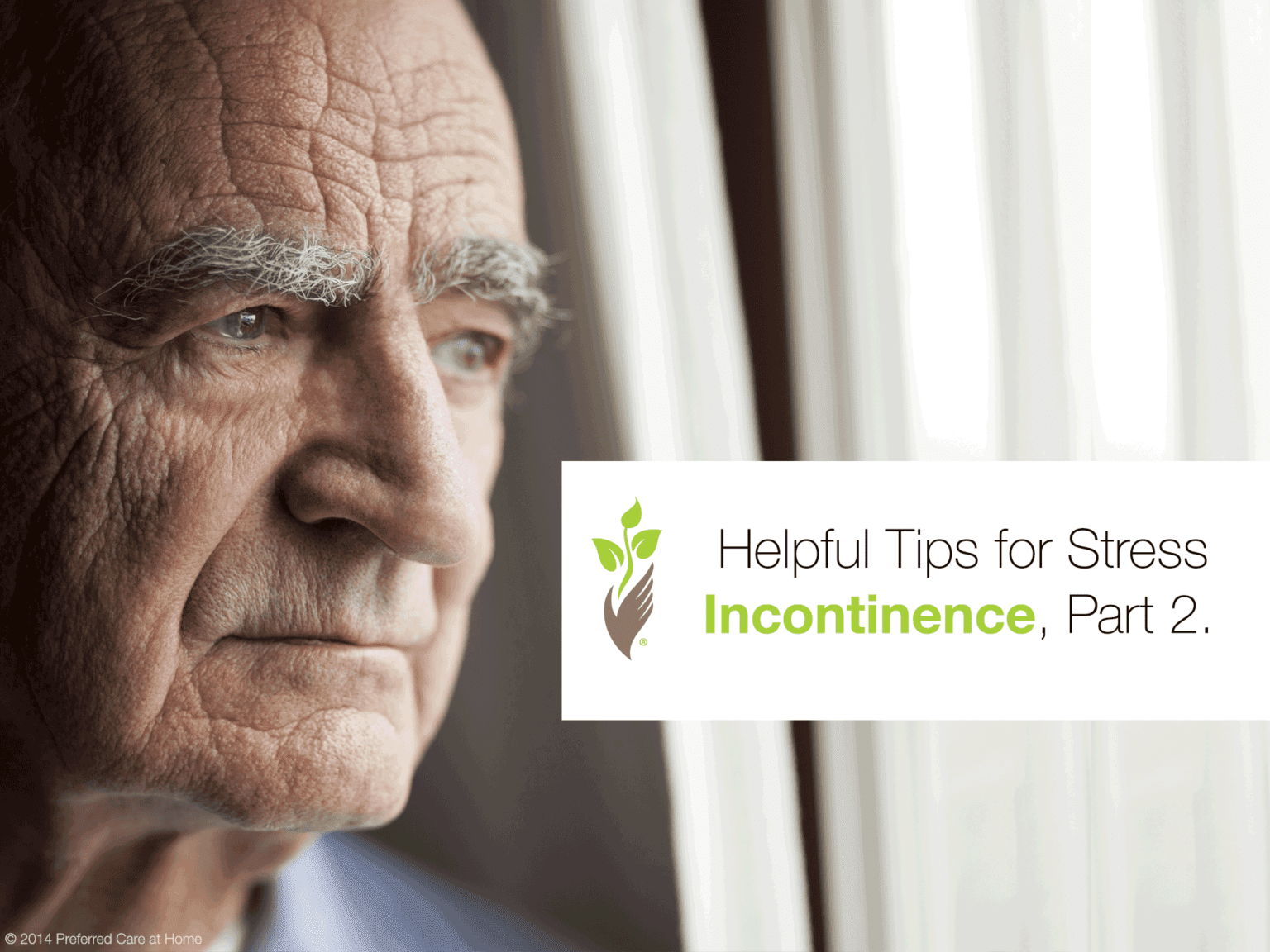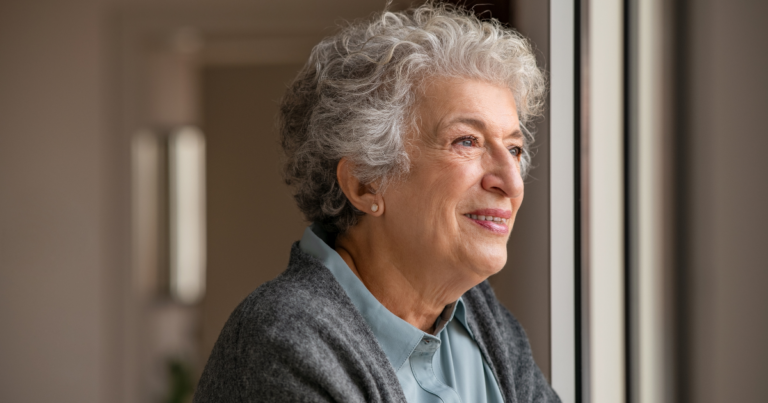Helpful Tips for Stress Incontinence, Part 2
Published October 31, 2014 by Leta Myers, RN in Senior Health & Wellness

As caregivers, our primary role is to assist loved ones who struggle with incontinence by preventing infection through the promotion of safe habits and good hygiene. An important related responsibility is making sure we preserve their dignity and physical independence. Both roles are necessary, succeeding in one and not the other often leads to lopsided results and unhappiness.
Maintaining balance should be the goal.
This balance is a fluid dynamic as our senior loved one’s physical health changes may alter incontinency issues. Evaluating and adjusting care for our incontinent loved ones will always bring into focus their needs in these important areas:
- Promoting personal dignity and safety in reducing risk for infection
- Degree of functional continence
- Degree of functional mobility
The two most common types of incontinence are stress incontinence and urgency incontinence (overactive bladder).
Stress Incontinence
In stress incontinence, the early stage of incontinence, there is usually a high degree of mobility and high continence, except in times of bladder wall stress (usually caused from coughs and sneezes leading to minimal leaks.) These seniors are aware of their problem, and they usually feel as if their dignity or pride is on the line. Fortunately, these seniors are the easiest to keep comfortable.
An easy solution for elderly women suffering from this issue might be to use perineal mini pads. They are inexpensive, easy to replace, and are low risk for infection. These pads can be discreetly tucked away for use and easily disposed. Perineal pads come in increasing absorbency and can continue to be used as leakage increases. Keep in mind that these pads should be changed after each small accident. Moreover, if the pads are used with wet wipes the senior can feel fresh and clean. Keep in mind however that it often takes encouragement for seniors to change their perineal pad after every small accident. It is tempting to want to wear a panty or adult diaper all day that absorbs every tiny leaks, but the underwear becomes a warm, moist, dark environment for odors to accumulate and is the ideal place for breeding bacteria causing urinary tract infections and other health concerns.
Peripads of various absorbances should be kept in an emergency bag with wipes and a change of underwear. Mobile seniors are usually able to keep track of their supply bag and keep them stocked. Family caregivers who help with doctors visits and car trips should have an emergency bag stashed in their car.
Other tips to consider:
- Consider wearing clothing with a pattern or design: Suggest that your senior consider clothing with pattern or design where a dribble will not be as noticeable.
- Lose extra weight: Extra pounds place more stress on the bladder and pelvic muscles and increase leakage.
- Elimination of smoking: Is your senior a smoker? Smoker’s cough causes a large amount of mini urine leaks. Elimination of smoking and smoker’s cough can significantly decrease leakage and odors.
- Plan routine trips to the toilet: Routine trips to the toilet promote a pattern of emptying the bladder that prevents a large accumulation of urine. When the bladder muscle is overstretched, one little cough can push out a surprising amount of urine.
- Pelvic exercises: General exercise promotes good muscle tone. Some people use pelvic exercises to strengthen the pelvic floor.
Next week, we will continue our incontinence series with helpful tips on urgency incontinence.
If you have questions about senior home
care services or if you want to start care:
Related Posts

November 9, 2023
Celebrating Robert Louis Stevenson’s Birthday: Exploring the Legacy of ‘Jekyll & Hyde
Ashly Luckose, Esq.

November 3, 2023
Visiting Grandparents During the Holidays: Preparing Kids with Books on Aging
Gina Farmer

October 19, 2023
Preventing Osteoporosis: Essential Tips for Stronger Bones Post-Menopause
R. Bradley Robinson, M.D.
Helping seniors age in place, with dignity & grace.